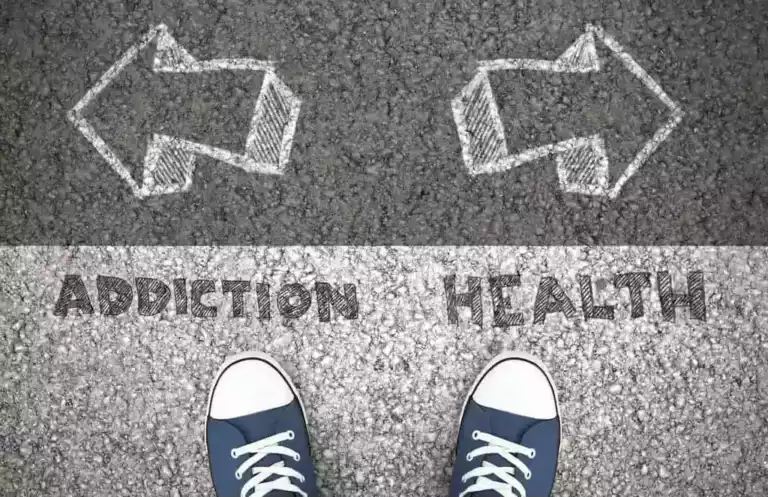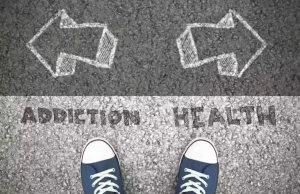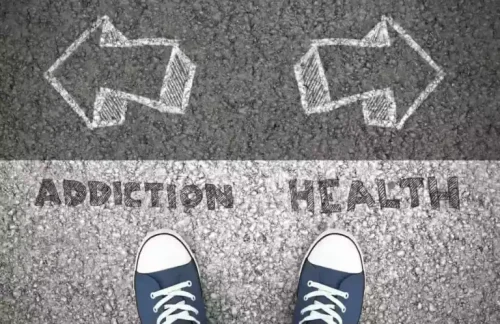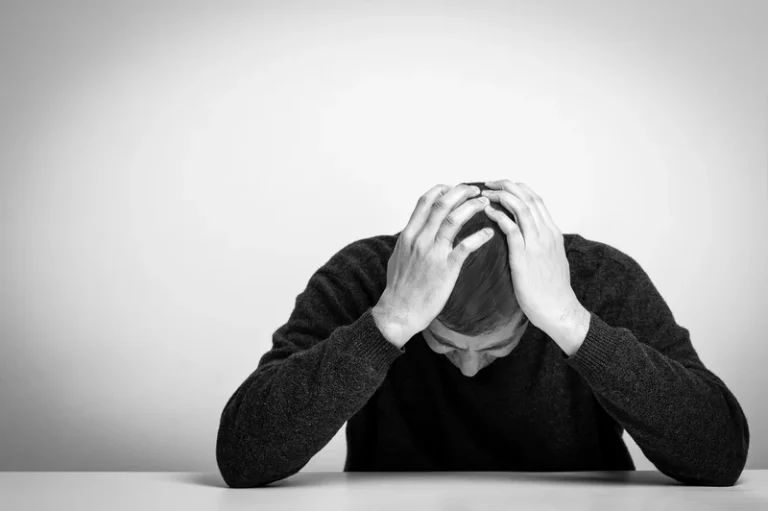
You may avoid possible health problems by limiting your alcohol consumption. When it comes to drinking, remember to always prioritize your well-being and make appropriate decisions. Consuming alcohol on an empty stomach is said to have negative consequences such as increased bruise risk and other side effects.
Yellowing of your skin and eyes

Bruising comes into play when you bump a part of your body on a hard surface, causing blood vessels to rupture. While you’re drinking, the blood flow around the surface of your skin will increase; even minor bumps can cause blood vessels to burst, forming a bruise. Alcohol and unexplained bruising could point to liver damage from drinking. Easy alcohol and bruising bruising and bleeding are signs of cirrhosis, which is a serious liver disorder. Other signs of an alcohol use disorder include spending a significant amount of time drinking, or consuming larger quantities of alcohol than intended. A person may also develop a tolerance for alcohol, meaning that they need larger and larger amounts to obtain the desired effects.

Can drinking alcohol make you more prone to bruising?

All of these impairments can lead to more morning after bruises, but they can also make driving extremely dangerous. Even small amounts of alcohol can affect your cognitive functioning enough to make driving dangerous. If you drink heavily, regularly, or both, your alcohol use could be the cause of your bruise. That discoloration sitting beneath the surface of your skin might prompt you to ask for help so that you can stop drinking for good. For resources related to AUD, including how to get support, please visit the NIH website. We’ve also partnered with Moderation Management, a non-profit dedicated to reducing the harm caused by the misuse of alcohol.

Why Do I Wake Up With Bruises After Drinking Alcohol?
- Because the capsules are an extended-release form of venlafaxine, they slowly release the drug into your body over time.
- To learn more about venlafaxine’s interactions with NSAIDs, see the “Drug interactions explained” section.
- Understanding the causes can help you take steps to reduce your risks.
- Cover legs and arms to reduce traumatic impacts to the skin when bumped.
- Consider drinking a glass or two of water before indulging in your favorite alcoholic beverage.
- Chronic alcohol use can weaken blood vessels, making them more prone to breaking and causing bruising.
- Certain health conditions or other factors could raise your risk of harm if you take venlafaxine.
When it comes to drinking alcohol, several factors can increase the risk of bruising. Drinking can hinder the body’s capacity to clot blood, making bruising more likely. Second, alcohol dehydrates the body, making skin more delicate and prone to bruising.
- Dehydration reduces blood volume which can allow bruising to occur more easily.
- These consequences can include relationship problems, difficulty fulfilling duties at work or home, or a worsening of health problems.
- As a result, you may find yourself having frequent sore throat pains, catching colds and infections more often.
- If you have questions about venlafaxine and alcohol use, talk with your doctor or pharmacist.
Yes, alcohol consumption can thin the blood and make blood vessels more susceptible to rupture, increasing the likelihood of bruising. This influences the long-term production of clotting factors and places the sufferer at an enhanced risk of bruises. According to UPMC, your liver contains about 10 percent of your total blood supply at any given time. When you’re drinking alcohol, your liver is working hard to process the toxins from your blood, but that work takes time. When you drink so much that your liver cannot keep up with the amount you’re drinking, intoxication can take hold.

There are many other potential causes of bruising, including injury, certain medications, and underlying medical conditions. If you’re concerned about bruising, talk to your doctor about other possible causes. Alcoholics tend to bruise easily because of the blood vessels in their body breaking down. This can lead to bruising even when there is no trauma to the skin. Alcoholics may also have darker bruises due to the increased amount of blood in their body.
- All of these symptoms indicate that drinking has become a major problem in your life, and you should consider getting professional help to recover.
- So you can reduce the risk and secure your well-being too, by taking the preventive measure.
- Sometimes, bruising after drinking occurs because of the fact that alcohol dilates the blood vessels.
- While that’s not necessarily a direct cause of drinking, heavy alcohol use can contribute to more accidents.
When To Ask For Professional Help
Consuming food while drinking alcohol may reduce the pace at which alcohol is absorbed into your circulation. Furthermore, providing your body with essential nutrients can help to support optimal health. If you use blood thinners or anti-inflammatory medicines, you should be aware that these medications may increase your risk of skin injury, such as bruising and bleeding.
As liver functioning declines from chronic alcohol misuse, a person is likely to bleed and bruise easily. It increases the risk of various types of cancer, as well as high blood pressure, heart disease, and stroke. Another health-related risk linked to chronic alcohol alcohol rehab misuse is liver disease, which is often the cause of bruising from alcohol.
What are the most common causes of Antiphospholipid Syndrome?
Well, alcohol intake may lead to night sweats by speeding up your heart rate and widening your blood vessels, triggering the release of perspiration. Alcohol suppresses rapid eye movement, or REM sleep, which is an essential restorative stage of sleep your body requires. Bruises are a common occurrence that results from an injury or trauma to the skin, causing discoloration due to blood vessels breaking under the skin.


评论